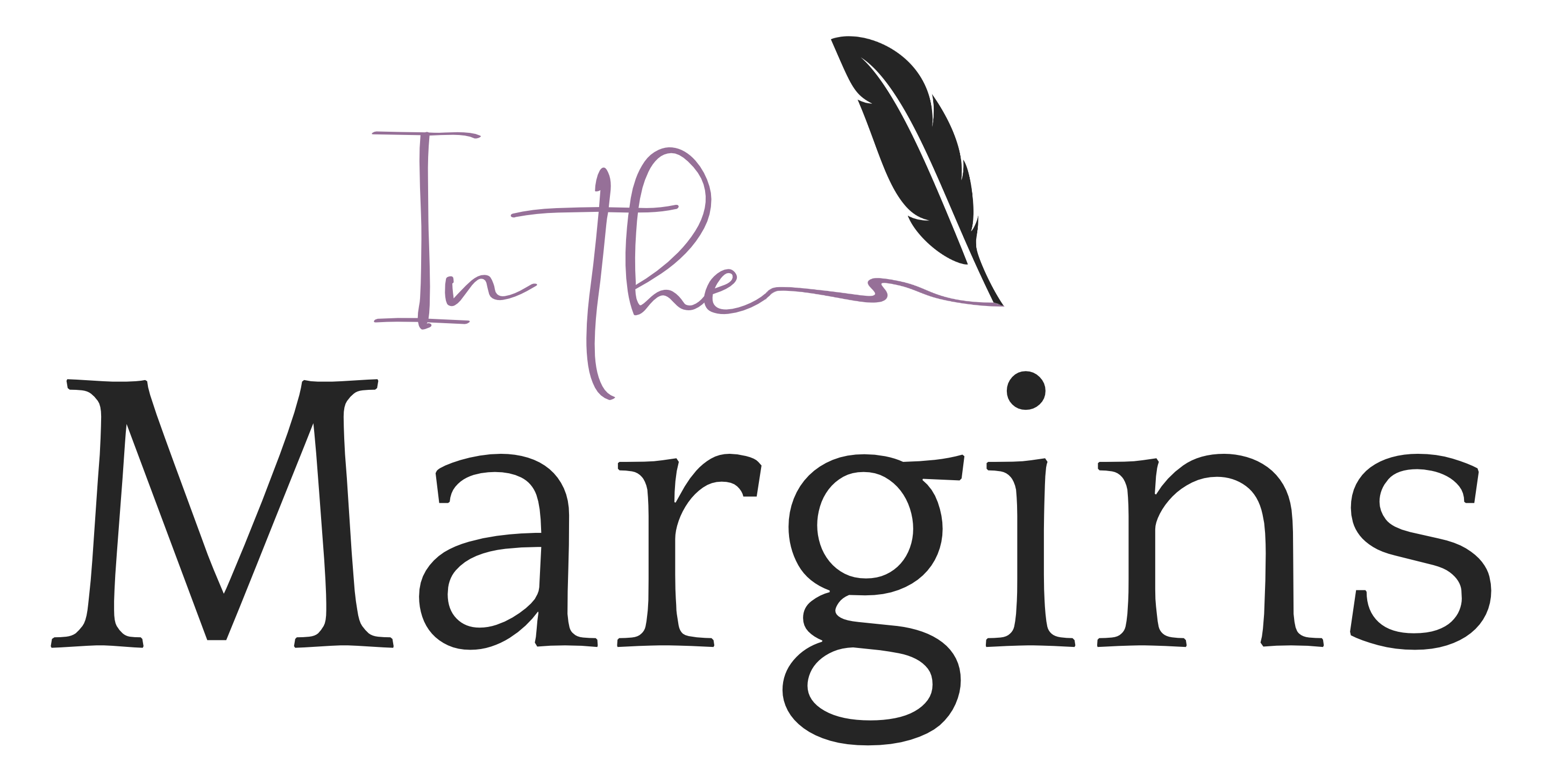Mentor texts can be a great way to study rhythm and style within a beloved novel. (See my previous tip on using mentor texts.)
They can also help writers who struggle with dialogue to learn the art of conversation within a story. Often a newer writer (or even an experienced writer in that first draft) will have too much dialogue or they’ll over-narrate, needing to work in the balance later. Sometimes the conversation feels unnatural: too much blatant info dropping, overusing names, etc.
If you find yourself struggling with this, try this exercise:
To start, choose a conversation-heavy passage from a contemporary book you love, or a book within the same genre as your own story.
Why contemporary? Why within your genre?
We all have favorite books that may be decades old, but styles and expectations can change. Similarly, genres may have different expectations in terms of how conversations happen, how things are described, etc. If your goal is to publish, follow the trends we see in today’s published works within your genre.
Next, copy the conversation/scene out—by hand or into a word processor, it doesn’t matter.
What does matter is that you take your time and be mindful. We aren’t rushing to copy the words down. Instead, we’re feeling them, hearing them, pondering them, paying attention not to the scene itself but how it was crafted.
If it helps you to slow down, read the work out loud as you copy it—this often helps us to keep our minds in the moment.
Pay close attention to what in the conversation is narrated, what said “out loud” through dialogue, how the author transitions between who is speaking, and the underlying emotions.
Questions to consider:
- How much of the conversation is said out loud versus through narration?
- How is emotion conveyed?
- Are the characters performing actions as the conversation takes place?
- If so, how does this help with the pacing of the scene?
- How is information delivered?
- When the conversation ends, how is it wrapped up? Is it summarized?
- Is there space for characters to reflect on what’s been discussed?
Your turn! Did you give the exercise a try? What did you discover?
Share in the comments and let’s chat about it.

